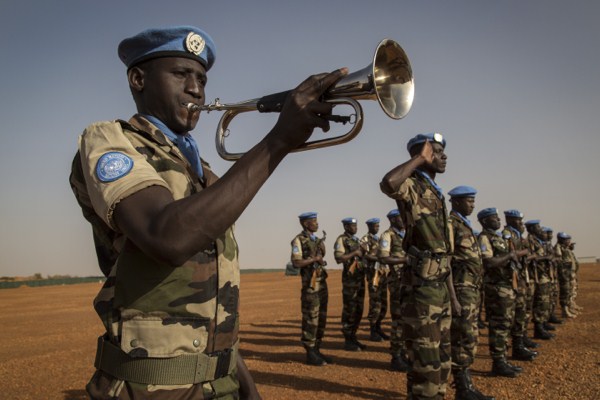The United Nations is an organization that is willing to learn from failure. This is fortunate, because it fails quite a lot. The U.N. has absorbed the lessons of previous catastrophes, such as the Balkan wars and the Rwandan genocide in the 1990s, and now deploys peacekeepers far more professionally than in that nightmarish era. In the near future, it will face a reckoning over more recent failures, as its efforts to bring peace to countries destabilized by the Arab revolutions—most notably in Syria but also in Libya, Yemen and Mali—have veered off course, costing thousands of lives in the process.
Last week, U.N. officials had a good deal of bad news to report from the Middle East and North Africa. On Wednesday, nine U.N. peacekeepers were wounded in a suicide bombing in Mali, part of a pattern of guerrilla attacks on the U.N. by Islamist extremists there. Later that day, the organization’s envoy to Yemen, Jamal Benomar, indicated his wish to resign after four years on the job. Initially credited with ensuring that the fall of President Ali Abdullah Saleh in 2011 did not lead to all-out civil war, Benomar has since struggled to keep Yemen’s multitudinous factions from tearing the country apart. There are reports that Saudi Arabia and other Arab countries, having launched a military intervention in Yemen last month, insisted that the U.N.’s man quit.
There was marginally better news on the Syrian front. The U.N. has announced that it will try to restart formal negotiations between the Syrian government and its moderate opponents, which have been on ice for over a year. The chances of success are low, and the U.N.’s critics claim that it has grown increasingly—and dangerously—close to the regime of Syrian President Bashar al-Assad in a desperate effort to find peace. Perhaps more hopefully, the U.N. envoy to Libya announced negotiators in Switzerland may be close to a deal to stop the country from falling apart.

